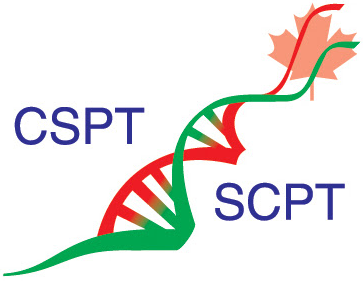Welcome to CSPT official website The Canadian Society of Pharmacology and Therapeutics (CSPT) is a national, not-for-profit organization that aims to foster the application of educational and research excellence to drug discovery and therapeutic choice. CSPT is recognized for its involvement with the Royal College of Physicians and Surgeons of Canada fellowship training program in Clinical Pharmacology and Toxicology, as well as its support of graduate and postdoctoral trainees, as well as academic researchers across the country. CSPT is the official Canadian member of the International Union of Basic and Clinical Pharmacology (IUPHAR) and a proud chapter of the American Society for Pharmacology and Experimental Therapeutics (ASPET). Its official affiliated journal is The Canadian Journal of Physiology and Pharmacology (CJPP).
Save the Date! Joint Annual Meeting 2026 Safety Pharmacology Society in partnership with Canadian Society of Pharmacology and Therapeutics
|

